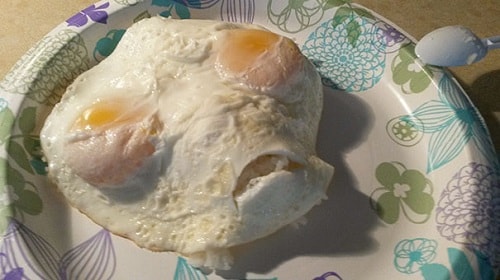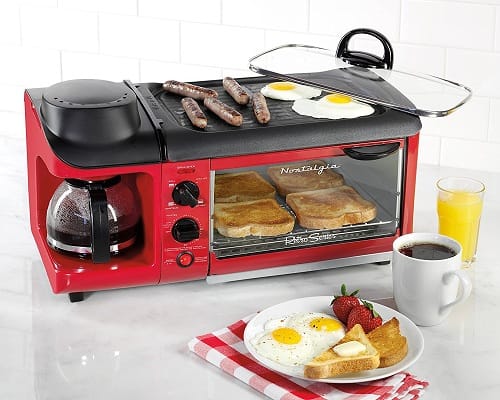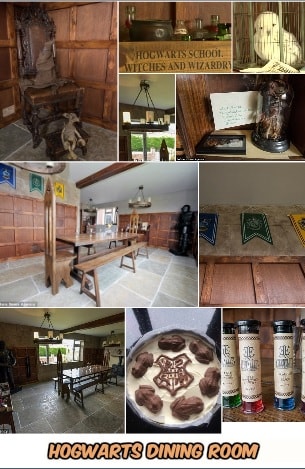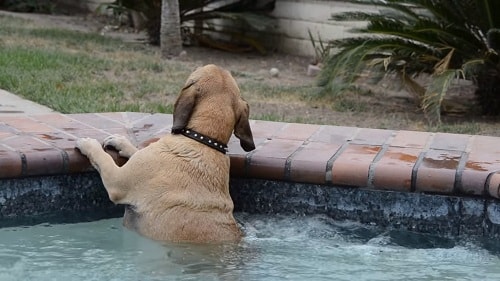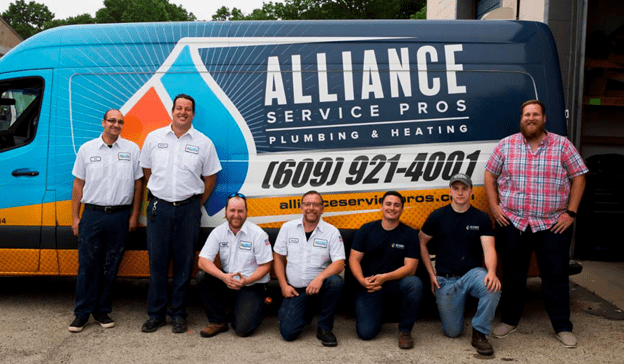
Should you call a plumbing contractor if your home’s plumbing starts making odd sounds? A homeowner should call a plumber for any obvious plumbing issues around their home. However, knowing a bit more about common plumbing sounds can alert you to potential emergencies! Also, you’ll know what to expect from your plumber when he or she arrives.
Reasons Why a Home’s Plumbing Is Making Noise
Your plumbing contractor is the best information source when it comes to your home’s plumbing! This information is presented by our plumbers in Hamilton. In the meantime, check out some common reasons for a home’s plumbing to make noise:
- Banging sounds often indicate air trapped in pipes. Air bubbles often create banging sounds when you first turn on water taps. Those bubbles cause inconsistent water flow, which leads to banging sounds.
- Air in water lines can also create a whistling sound when you flush the toilet.
- Water builds momentum as it travels through plumbing pipes. Consequently, shutting off a tap quickly causes that water to bang against the closed valve.
- Overly high water pressure can make pipes vibrate as water moves through them. In turn, you might notice a humming or vibrating sound originating from those pipes.
- Obstructed drains often create gurgling sounds from toilets or sinks.
- Builders attach plumbing pipes to wall studs and floor joists with connectors and wires.
If those connectors loosen, you might hear rattling every time water moves through those pipes. In some cases, pipes might also bang against materials around them, creating noticeable sounds behind walls.
How Do You Stop Water Pipes From Making Noise?
First, a homeowner should never try to address plumbing issues on their own! A plumbing contractor can spot the cause of damage quickly and ensures safe repairs. Also, note that it’s dangerous to work around plumbing and electrical issues. In turn, it’s vital that you call a plumber for problems with a dishwasher, water heater, and other such appliances.
When you do call a plumbing contractor, they’re probably going to shut off the home’s main water valve. Next, they’ll open all the taps or what’s needed to empty the home’s plumbing pipes completely. Once they do this, they’ll turn on the main water valve. This can often fix banging and other similar sounds.
On the other hand, your plumber might also need to check connections, hangers, and brackets attached to pipes. Also, supply pipes in older homes might have come loose over time. Tightening these connections and securing pipes with plumber’s tape is often needed to keep them in place.
Whistling noises from dishwashers might require new washers. A toilet making whistling sounds might need a new tank valve. These fixes keep air out of the pipes and help stop that whistling noise. Also, adjusting the home’s water pressure on the water heater helps stop humming and banging sounds.
To address gurgling, you might try a homemade solution of baking soda and vinegar. The resultant foaming action can help clear clogs and blockages. If that doesn’t work, call a plumbing contractor! He or she will typically blast out a clog or otherwise clear those pipes safely.
What Does It Sound Like What a Pipe Is About to Burst?
Surprisingly, pipes don’t always make loud sounds right before they burst! In many cases, they don’t make any sound at all. In turn, you might not even realize a pipe has burst until you see a huge water puddle somewhere in your home.
Also, a burst pipe might not mean a gush or flood of water. Consequently, it’s vital that you keep an eye out for increased water bills, low water pressure, and water discoloration. You might also notice water stains on drywall or ceiling panels.
Also, it’s helpful to note what causes burst pipes so you can avoid this issue altogether! Remember that water expands as it freezes. As such, frozen water in your home’s pipes puts pressure on those pipes, risking ruptures.
Severe clogs also mean pressure as water flows through those pipes. Additionally, clogged materials can collect in the pipes and expand so much that they risk a burst pipe! High water pressure also puts pressure on pipes and connections and can mean eventual ruptures.
If a pipe bursts in your home, first ensure everyone’s safety! Keep children and pets especially away from the water. If there is an electrical current nearby, that water could be downright dangerous. Next, turn off the home’s main water valve and drain the taps.
These steps should keep you and your home safe until you can contact a plumber. He or she can replace that damaged pipe and ensure all leaks and other damage are repaired as needed. Also, a plumber might check for the causes of the burst pipe including clogs or leaks. In turn, they can repair those issues and help prevent another pipe from bursting in your home!
